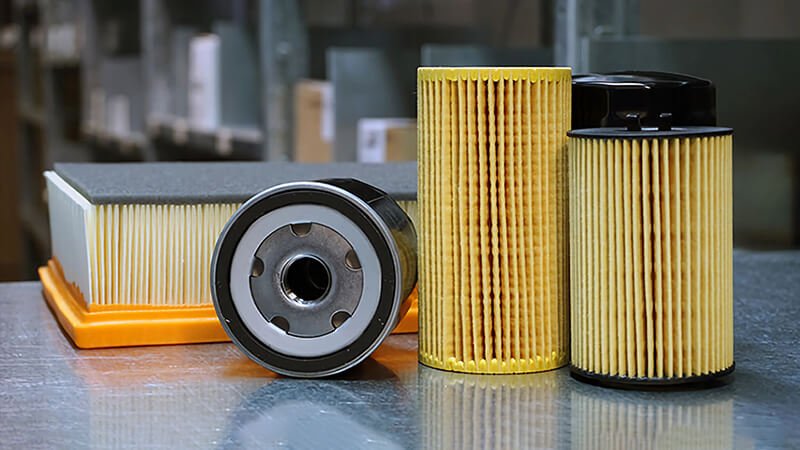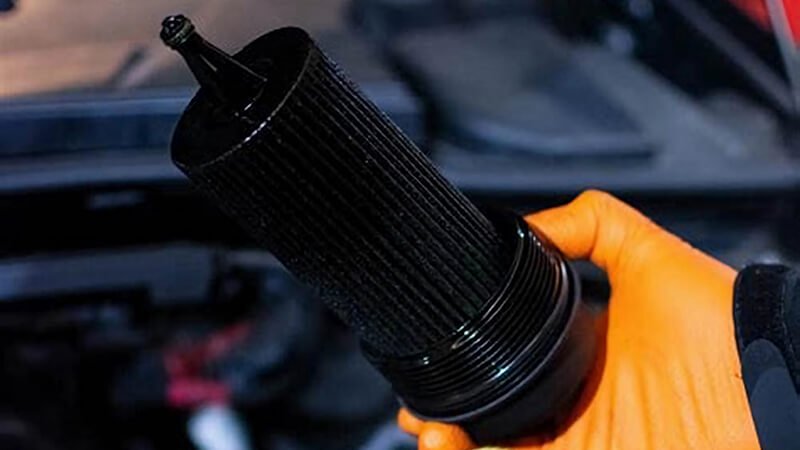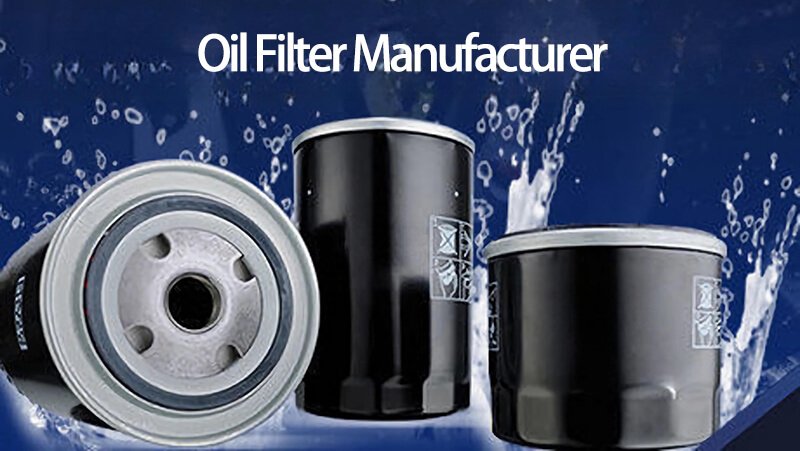When someone tries to cut corners on oil filters, it often backfires. I have seen engines suffer from low oil pressure, leaks, and early wear because the wrong filter was used. Saving a little at first can mean big repair bills later.
You cannot use the same oil filter for different cars. Each engine has unique specifications for thread pitch, gasket size, bypass valve pressure, flow rate, and media efficiency. Using the wrong filter risks poor lubrication, leaks, and long-term engine damage.
I want to share why oil filters are not universal, how quality matters, and what I have learned from clients who faced these issues. This will help others avoid costly mistakes.

Do All Cars Take the Same Oil Filter?
I have often been asked if one filter can fit many cars. It seems convenient, but I know the risks are high. A wrong filter may look similar, but small details make a big difference in performance.
Not all cars take the same oil filter. Differences in thread pitch, gasket size, bypass valve settings, and oil flow design mean each engine requires a filter that matches its specific requirements. Using the wrong filter can cause leaks, poor lubrication, and engine wear.
Why Oil Filters Are Engine-Specific
| Specification | Why It Matters | Risk If Wrong Filter Used |
|---|---|---|
| Thread Pitch | Ensures proper mounting | Loose fit, leaks |
| Gasket Size | Provides seal against oil pressure | Oil leakage |
| Bypass Valve | Controls oil flow under restriction | Poor lubrication, pressure issues |
| Media Efficiency | Filters particles effectively | Accelerated wear |
I once had a client who used a “universal” oil filter to save money. Engines soon developed low oil pressure and showed early signs of wear. When we replaced them with Runex Auto oil filters1 designed for their engines, performance stabilized. Warranty claims dropped. That experience showed me that compatibility saves more than any short-term cost cutting.
At Runex Auto, we design each oil filter with precise dimensions and tested bypass valve2 pressures. This ensures that the filter matches the engine’s oil flow needs. That level of engineering keeps engines safe, efficient, and long-lasting.

Do More Expensive Oil Filters Make a Difference?
Some people believe that all oil filters are the same. They see a cheap filter and wonder why they should pay more. But I have seen the long-term results, and I know that quality pays back.
More expensive oil filters often perform better because they use stronger casings, finer filtration media, and well-calibrated bypass valves. They trap more particles, maintain oil flow under stress, and last longer, protecting engines more effectively.
Key Differences Between Cheap and Quality Filters
| Feature | Cheap Filters | Quality Filters (like Runex Auto)1 |
|---|---|---|
| Casing Strength | Thin, may deform under pressure | Strong, tested for durability |
| Filtration Media | Coarse, less efficient | Fine, high efficiency |
| Bypass Valve | Poorly calibrated | Precisely engineered |
| Service Life | Short, clogs quickly | Long, stable performance |
I tested low-cost filters in my own supply chain once. They clogged faster and allowed dirt to pass through. That caused early wear on customer engines. When we switched to Runex Auto oil filters2, with premium media and robust construction, the difference was clear. Clients saw smoother performance and fewer issues.
Price reflects not just the filter itself but the protection it offers. A cheap filter might save a few dollars now, but the cost of fixing engine wear is far greater. I now recommend paying for quality because it secures long-term trust and satisfaction.

Is It Better to Change Oil With Filter or Without Filter?
I often hear people ask if they can skip changing the filter when they change oil. It sounds cheaper, but I know it creates risks. Old filters carry dirt, and new oil will get dirty faster.
It is always better to change the oil and the filter together. Reusing an old filter leaves trapped dirt inside, which contaminates the new oil and reduces protection. A new filter ensures clean oil circulation and longer engine life.
Why Oil and Filter Must Go Together
| Practice | Result |
|---|---|
| Oil Changed Without Filter | Old dirt recirculates, oil wears fast |
| Oil + Filter Changed | Clean oil, clean flow, best protection |
I have seen cases where clients reused old filters1. After just a few weeks, engines started showing dirty oil again. They had to replace the oil much sooner, doubling their costs.
At Runex Auto, we design our oil filters2 with high dirt-holding capacity. They trap contaminants effectively until the next service interval. When paired with fresh oil, our filters ensure the engine stays clean and well protected. That is why I always advise changing both at the same time. It saves money and prevents damage in the long run.

Can You Take an Oil Filter Off and Put It Back On?
I remember a mechanic once asked if he could reinstall a used filter after checking it. I had to explain why that was a bad idea. Once removed, the seal may not hold again, and contamination is a real risk.
You should not take an oil filter off and put it back on. Once removed, the gasket seal may not reseal properly, causing leaks. The filter may also introduce dirt back into the system, risking engine damage.
Why Reinstalling Filters Is Unsafe
| Risk Factor | Description |
|---|---|
| Seal Integrity1 | Gasket may not reseal tightly |
| Contamination | Dirt may enter during reinstallation |
| Wear and Tear | Threads and casing may deform |
I once inspected an engine that failed after a shop reinstalled an old filter. Oil leaked slowly, pressure dropped, and the engine wore out prematurely. That one mistake cost more than hundreds of proper filter changes.
Runex Auto oil filters2 are built to last through a full service interval, but they are not designed to be reused once removed. I always recommend using a new filter. It guarantees a fresh seal, full performance, and peace of mind.

Conclusion
Not all oil filters are the same, and not every car can share one. I have seen what happens when people use “universal” filters or try to reuse old ones. Engines suffer, and costs rise. With Runex Auto oil filters, precision engineering ensures the right fit, proper flow, and reliable protection. For me, choosing the right filter3 is not just about cost—it is about protecting engines, earning trust, and building long-term success.













